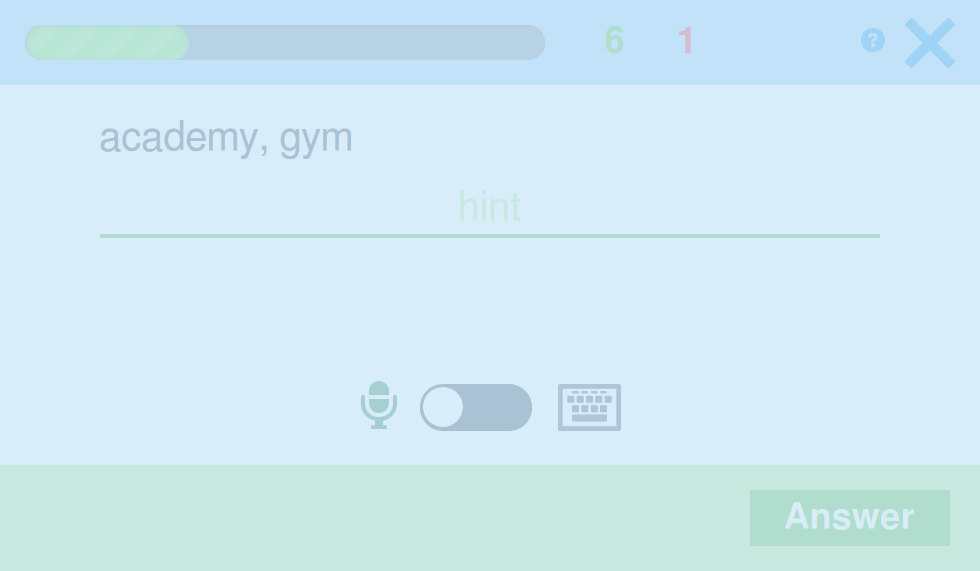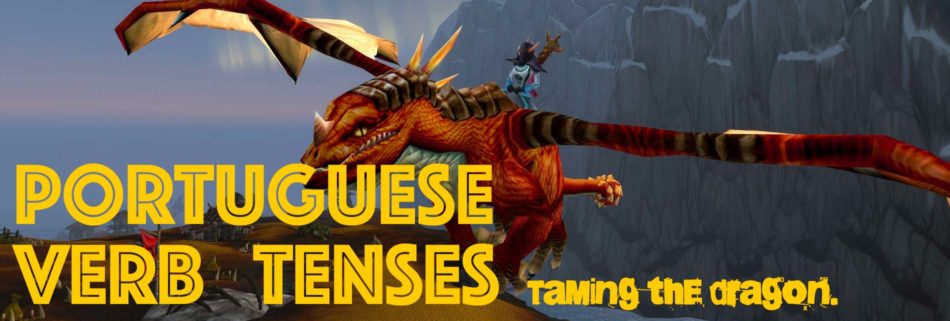In Portuguese, there are several ways to refer to something that happened in the past - each with different shades of meaning. When you choose one Portuguese past tense over another, you're letting people know more about the story you're telling. Talking about the past is always an act of story-telling.
The Preterit Indicative tense is the simplest of these. That's why we like to call it, the Simple Past tense 😉 It's like saying,
I bought my own private jet yesterday.
Why isn't that enough to know?
Because Portuguese is a more precise language than say, English 😕. Brazilians will tell you that by comparison, English seems vague and simple. 😉 Portuguese gives you the choice of picking from several flavors of the past tense. Choosing one over another conveys specific things to your listener about the action that took place. So for example, you can signal that you liked the show yesterday, or that you almost always like that show, or even that you might have liked the show - but didn't. All of this gets said without much extra dialog. These sentiments are built-in to the verb conjugation!
Let's zoom out and look at the different types of the Portuguese past tense:
I bought my own private jet yesterday. » Preterit Indicative
I was buying a private jet yesterday when... » Present Progressive
I would always buy private jets on Tuesdays because... » Imperfect Indicative
If I had bought a private jet yesterday... » Imperfect Subjunctive
2 weeks free then just $19/mo
Portuguese tense(s): explained & contained. 🌪🌪🌪
Nossa Senhora.
The Preterit (Wikipedia) is the easiest and most common form of the past tense. It's the first one you should learn! And FYI - don't be alarmed at the thought of learning these other complicated-sounding tenses - they're not so scary and everything comes much easier when you have a solid grasp of this main past tense: The Preterit Indicative ("the simple past").
Learning Portuguese doesn't have to be hard!





 the Preterit Indicative of irregular verbs
the Preterit Indicative of irregular verbs  the Imperfect Indicative
the Imperfect Indicative
Comentários